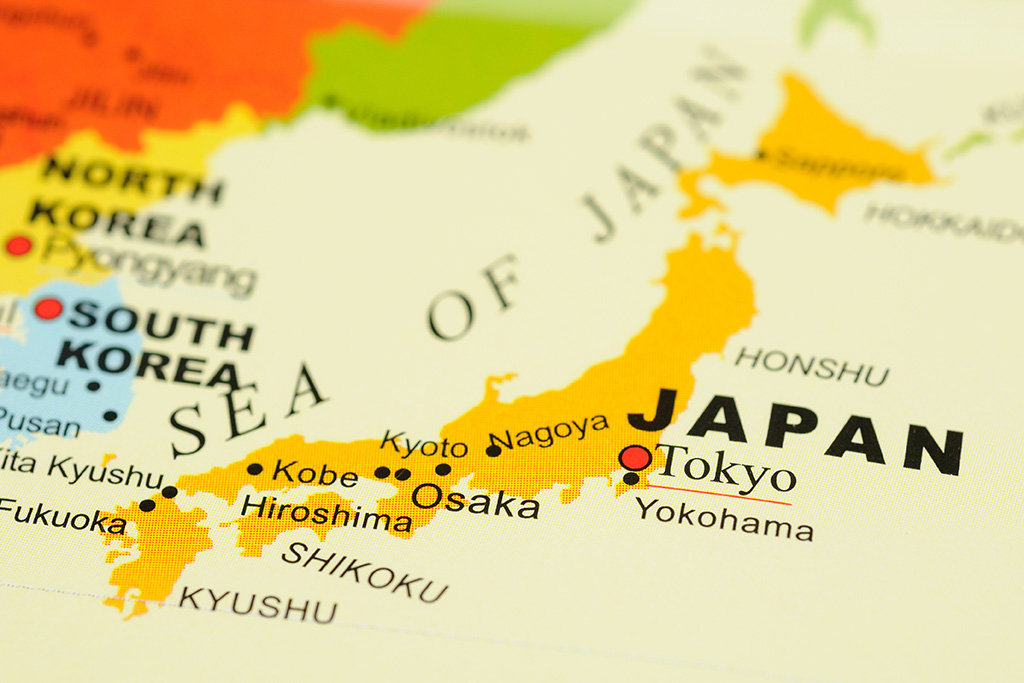
Blog | 6/13/2023
Drug Pricing in Japan: The Changing Landscape and Future Prospects
By Andrew Chen and Gary Cheng
Executive Summary
- Japan’s reimbursement system offers quick and universal market access to all newly approved medicines
- However, unfavorable pricing policy changes over the past few years have created uncertainty and restricted revenue growth for pharmaceutical companies
- These policy changes have also raised concerns about their impact on innovation more broadly
- The government is expected to implement positive policy changes in the 2024 price revision, including better price maintenance for innovative medicines
Introduction
Drug pricing in Japan is a complex issue that has garnered significant attention over the years. The country has a unique pricing system that is designed to balance the interests of patients, healthcare providers, and pharmaceutical companies. Under the National Health Insurance (NHI) system, all Japanese patients are eligible for reimbursement for the drugs they take. However, concerns about sustainability of the healthcare system due to the significant aging population have led to a series of unfavorable policy changes. In this blog post, we will analyze the pros and cons of the current pricing system, investigate the impact of pricing policies on innovation, and explore potential areas of policy revisions in the future.
Pros and Cons of the Japan Pricing System
The primary advantage of the drug pricing system in Japan is the quick and universal market access pathway for new medicines soon after regulatory approval (see Table 1). In contrast to the US and EU systems, where extensive negotiation with payers and value demonstration might be needed, all newly approved medicines in Japan receive a drug price (NHI price) in about three months after approval, resulting in one of the quickest market access pathways in the world. This allows patients in Japan to access new and innovative medicines more quickly than patients in other countries with more complex and time-consuming reimbursement systems, provided that the medicines are approved simultaneously.
However, the current drug pricing system in Japan also has disadvantages. One of the main drawbacks is the downward price revisions which continues to put pressure on pharmaceutical companies. In order to maintain the financial sustainability of the NHI system, the government has put forward aggressive policies in price cuts since 2016. Examples include the introduction of mid-year repricing (resulting in annual price cuts) and market expansion repricing (for products exceeding certain revenue thresholds). Frequent and unfavorable pricing policy changes have added uncertainty and restricted the revenue growth for pharmaceutical companies in the Japanese market.
Impact on Innovation
Japan is considered a large and developed market that is usually prioritized in the early wave of global launches. Indeed, our analysis of 315 new molecular entities (NMEs) launched between 2010 and 2015 shows that about 40% of the NMEs are currently available in Japan, compared to 61% in the US and 50% in the EU4 or UK (see Figure 1). However, due to unfavorable policy revisions in recent years, “drug lag” and “drug loss” have become growing concerns in Japan. The former refers to a delay in registration filing in Japan compared to overseas countries, while the latter refers to registration not getting filed in Japan at all.
The current pricing policies have also been criticized for discouraging investments in R&D. As a result of unfavorable policy changes, pharmaceutical companies require an extended period to recoup their investments before they can reinvest into R&D. This has led to a significant impact on the early-stage pipeline, with assets of Japan-origin declining from 8% to 6% over the past 8 years, as our analysis shows (see Figure 2). On the other hand, China’s share has surged from 5% to a whopping 21% during the same period.
Potential Policy Changes in 2024
Recognizing the crucial role played by the pharmaceutical industry in supporting the economy and public health, the Japanese government has committed to implementing policies aimed at reducing drug lag/loss and promoting innovation. As the discussions for the 2024 price revision continues to heat up, there are several areas that are being closely examined and may see positive changes in 2024 (see Table 2). Of these, better price maintenance for innovative or patented medicines is a highly anticipated area where the industry is keeping a close eye. Some other areas that may see changes include company coefficient for price maintenance, as well as market expansion repricing and/or spillover rules. Lastly, as more regenerative medicines with high unit prices enter the market, a value-based pricing system that incorporates cost-effectiveness assessments could be adopted for initial price setting.
Conclusion
Drug pricing is a complex issue that has important implications for patients, healthcare providers, and pharmaceutical companies in Japan. The upcoming drug pricing revisions in Japan are expected to address pressing concerns about access to medicines, the sustainability of the healthcare system, and promotion of innovation. As the discussions on 2024 price revisions continue, it is essential to monitor the impact of upcoming policy changes on the healthcare system and the industry, and to work towards a drug pricing system that balances the interests of all stakeholders.
###
Author Bios
-
Andrew Chen is a Senior Analyst based in the Hong Kong office with expertise in market analysis and due diligence in Japan, China, and other APAC markets.
-
Gary Cheng is a Vice President based in the Hong Kong office and leads Health Advances’ APAC practice.
About Health Advances Asia Pacific Expertise
Health Advances is a healthcare-focused strategy consulting firm that has built deep global expertise in Asia Pacific countries across various sectors, including biopharma, medical devices, diagnostics, and digital health. Health Advances partners with clients to support their clinical development, business development, and go-to-market commercialization strategies.
If interested, please contact one of the members of our Asia Markets Practice Management Team at HAAsiaMarkets@healthadvances.com.

